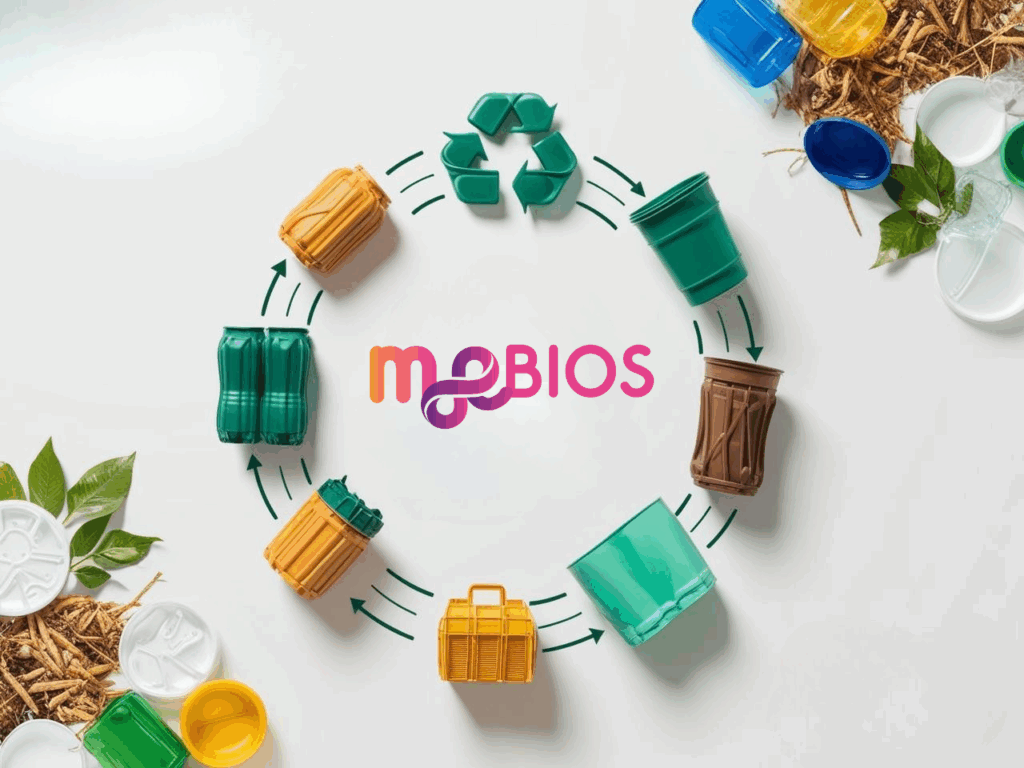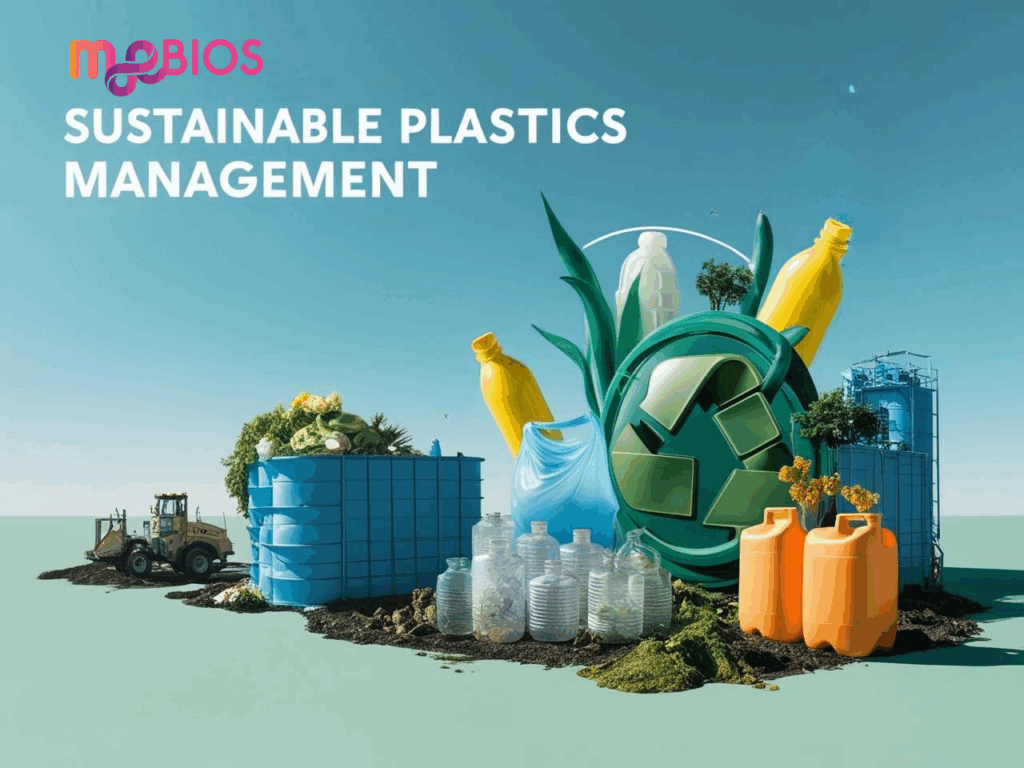
Thermochemical recycling of bioplastics is emerging as a crucial solution in the global effort toward sustainability. As industries shift toward greener processes, effective bioplastic waste management becomes a priority. At the recent European Bioplastics Talks, Dr. David Costa Milan shared critical insights into this innovative recycling method and its transformative role in the circular economy.
Why is bioplastics recycling important?
Bioplastics currently represent just 0.5% of global plastics production. Yet, their market is growing rapidly — projected to increase from over 2 million tons today to nearly 5 million tons by 2029. Without proper recycling methods in place, this surge in production could lead to new environmental challenges.
This makes the thermochemical recycling of bioplastics an urgent focus — enabling us to tackle waste issues proactively while fostering sustainability.
Understanding thermochemical recycling: pyrolysis and gasification
Thermochemical recycling methods, such as pyrolysis and gasification, effectively address the challenges of recycling mixed and contaminated bioplastic waste streams. Traditional recycling methods often fall short when dealing with these complexities.
- Pyrolysis breaks down bioplastics thermally in the absence of oxygen, converting waste into valuable by-products such as pyrolysis oil, syngas, and char. Consequently, this approach significantly reduces reliance on landfills and incineration.
- Gasification, on the other hand, transforms bioplastic waste into high-quality synthetic gas (syngas), usable in energy generation and various industrial processes. Moreover, this method efficiently processes diverse waste streams, supporting sustainable resource management.

From lab to market: scaling up recycling technologies
Transitioning from laboratory experiments to industrial-scale recycling involves comprehensive testing and optimization. First, lab tests deliver vital analytical data. Then, pilot plants confirm process scalability, and finally, pre-industrial facilities validate economic viability and environmental sustainability at larger scales.
Benefits of thermochemical recycling
Beyond simply reducing waste, thermochemical recycling generates several valuable products:
- Renewable natural gas
- Hydrogen
- Industrial chemicals
These by-products significantly support the circular economy, reducing fossil fuel dependence and decreasing overall environmental impacts.
Looking forward: improving recycling technologies
Ongoing research actively enhances thermochemical recycling processes by optimizing conditions and increasing resource recovery. Specifically, gasification developments promise improved energy efficiency and resource utilization, highlighting thermochemical recycling’s potential in future sustainability strategies.
Join the circular economy movement
The MoeBIOS project champions innovations in bioplastics recycling, promotes sustainable practices, and encourages collaboration across sectors. By supporting advancements in thermochemical recycling, we can all drive meaningful progress toward a sustainable future.
Keywords: Bioplastics recycling, Thermochemical recycling, Pyrolysis, Gasification, Sustainable plastics management, Circular economy, Renewable resources, Environmental sustainability, MoeBIOS, European Bioplastics.

